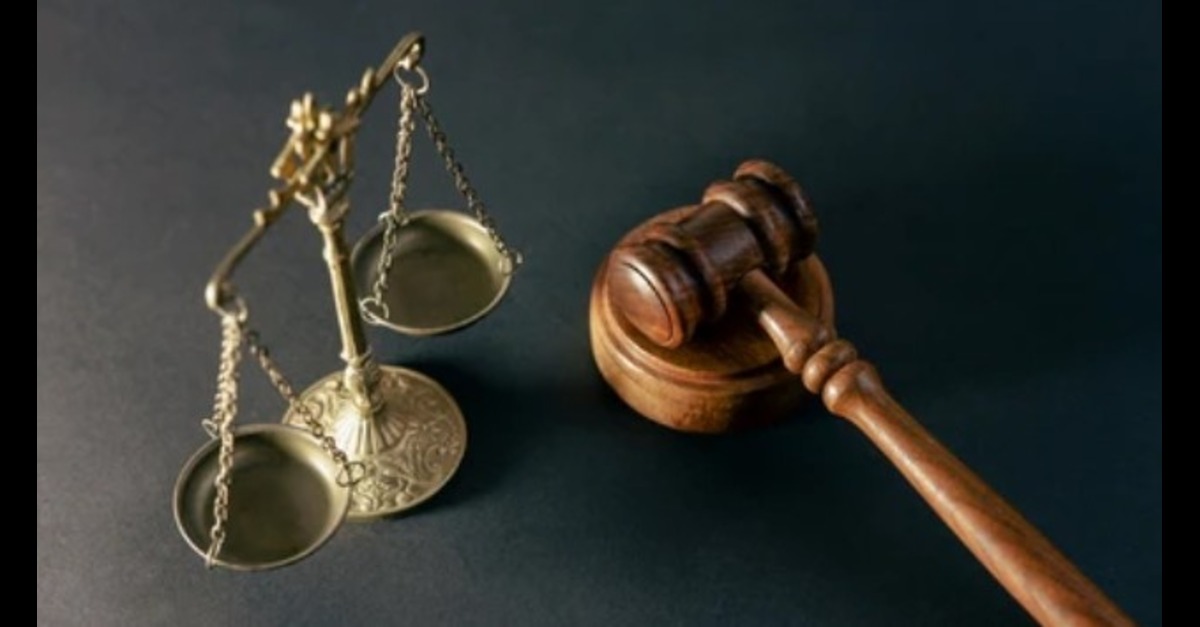Case Name: Shubhkaran Singh v. Abhayraj Singh & Ors.
Case Number: Special Leave to Appeal (C) Nos.12012-12013/2025
Date of Judgment: 5 May 2025
Quorum: Justices J.B. Pardiwala and R. Mahadevan
FACTUAL BACKGROUND
A petition for special leave was submitted to the Hon’ble Supreme Court contesting the Madhya Pradesh High Courts ruling in Jabalpur. In order to recall a witness during a trial for clarification the petitioner filed an application with the High Court in accordance with Order 18 Rule 17 of the Code of Civil Procedure 1908. In addition to dismissing this application the High Court also denied the petitioner’s review petition. Disappointed by these rulings the petitioner invoked the Supreme Court’s appellate jurisdiction to argue that the denial of a witness recall opportunity compromised the impartiality of the case’s resolution.
ISSUES FOR DETERMINATION
- Whether the High Court was in error in refusing the application under Order 18, Rule 17 CPC for the recalling of a witness?
- Whether the petitioner was justified in applying for recall of a witness to fill gaps in examination or to cure defects of procedure?
LEGAL PROVISIONS
Order 18 Rule 17 and Section 151 of the Code of Civil Procedure. Section 165 of the Indian Evidence Act.
PETITIONER’S CONTENTIONS
According to the petitioner, recalling the witness was crucial to removing any doubt from their testimony and facilitating a just and comprehensive resolution of the matter. The application was submitted truthfully with no malicious intent or attempt to delay the process it was emphasized. According to the petitioner the High Court interpreted Order 18 Rule 17 CPC in an overly strict manner ignoring the scope of inherent powers granted to courts under Section 151 CPC. In addition he asserted that the recall decision was unfair and that he was not given a reasonable opportunity to present a convincing argument.
RESPONDENT’S CONTENTIONS
The petitioners did not concur with the petition since the application under Order 18 Rule 17 CPC had been filed just as a tactic to delay the case. They contended that the petitioner had sought to approach the witness not for clarification, but to fill gaps in the evidence and overcome weaknesses in their case after the trial had already begun.The respondents contended that Order 18 Rule 17 does not confer any right on the parties to apply for recall of witnesses but only gives power to the Court to do so if it feels necessary for clarification.They also argued that giving such applications carte blanche would undermine the objective of speedy trials and invite procedural abuse. Since the petitioner had already availed themselves of the remedy of review before the High Court and failed, the respondents argued that no new points had been raised to justify interference by the Supreme Court.
ANALYSIS
The Supreme Court restated that recalling a witness under Order 18 Rule 17 CPC is a limited and discretionary power and exclusively meant to be used by the court in a bid to clarify doubts and is not to be considered a method of re-examination or in presenting additional lines of evidence or questions. The Court pointed to precedents like Vadiraj Naggappa Vernekar v. Sharadchandra Prabhakar Gogate and K.K. Velusamy v. N. Palanisamy, where it had earlier emphasized the necessity of sparingly making use of this provision. The bench made it clear that while courts could invoke Section 151 CPC on extraordinary and reasonable grounds to call back witnesses, these powers cannot be utilized to reopen the case or for purposes of fitting in litigation strategies. In the instant case, the Court held that the application of the petitioner did not meet the criteria of ‘exceptional circumstances’ and was, in reality, a prohibited re-argument of the case. Thus, no interference was called for.
JUDGMENT
The Special Leave Petition was dismissed by the Supreme Court, affirming the order of the High Court. It held that the High Court was correct in its interpretation of Order 18 Rule 17 CPC and no miscarriage of justice had taken place. All pending applications, if any, were also disposed of.
CONCLUSION
The decision reaffirms that recall of a witness under Order 18 Rule 17 CPC is not a right and must be resorted to only at the discretion of the court for purposes of clarification. It reaffirms the rule that provisions of procedure cannot be used to overcome evidentiary shortcomings. Concurrently, it maintains the court’s inherent jurisdiction to act when justice demands it, thus finding a balance between procedural integrity and substantive justice. The ruling sends a strong message against procedural abuse and reaffirms the limited nature of recalling witnesses to prevent trials from losing focus and dragging on unnecessarily.
“PRIME LEGAL is a full-service law firm that has won a National Award and has more than 20 years of experience in an array of sectors and practice areas. Prime legal falls into the category of best law firm, best lawyer, best family lawyer, best divorce lawyer, best divorce law firm, best criminal lawyer, best criminal law firm, best consumer lawyer, best civil lawyer.”
WRITTEN BY ADI MEHTA


